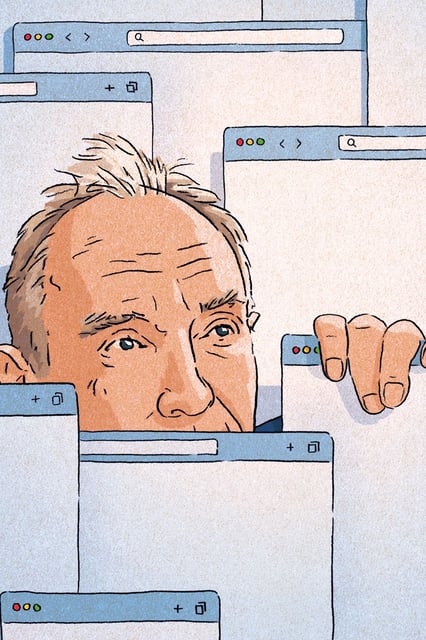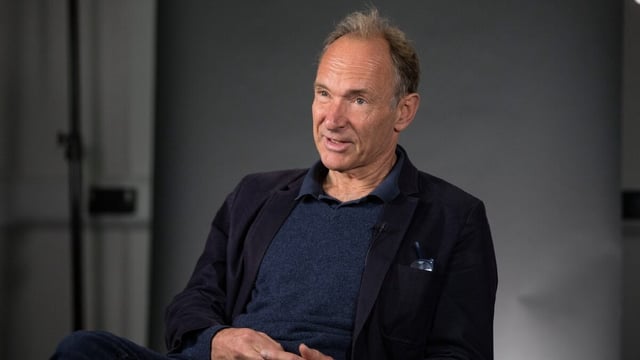Overview
- In a new op-ed, the web’s inventor argues that dominant platforms monetize personal data in ways that drive misinformation and harm teenagers’ mental health.
- He recalls persuading CERN in 1993 to place the web in the public domain as an example of non-commercial stewardship that enabled universal access.
- He proposes an international, not-for-profit institution modeled on CERN to coordinate AI research and establish governance.
- He calls for urgent policymaking on AI, writing that the time to decide the governance model “was yesterday” to prevent a repeat of social media-era mistakes.
- He highlights Solid, an open-source standard from his MIT team, to let people keep data in one place and grant apps selective access, while noting no government has formally backed a new global AI body.



